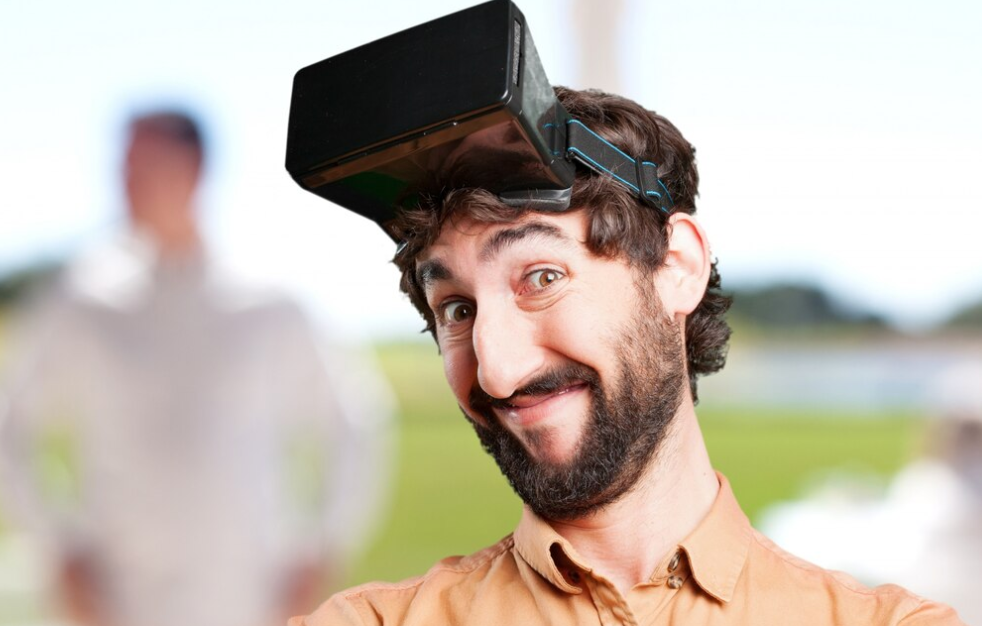In an age where technology mediates much of our interaction, genuine human empathy can often be diluted or lost. But what if we could use biotechnology not to replace emotion—but to enhance it? This is the emerging frontier of augmented empathy—a field that explores how wearable devices, neural interfaces, and biometric sensors might allow us to understand and even share emotions more deeply than ever before.
As strange as it sounds, technology may be the very thing that makes us more human.
What Is Augmented Empathy?
Augmented empathy refers to the use of technology to detect, amplify, or transmit emotional states. It combines fields such as neuroscience, wearable tech, biofeedback, and AI to create systems that can interpret human emotions in real-time and respond accordingly.
Instead of guessing how someone feels, we may soon be able to sense it directly, leading to more compassionate communication, improved mental health support, and deeper social connection.
How Bio-Tech Can Detect Emotion
1. Biometric Wearables
Devices like smartwatches and skin sensors can already track heart rate variability (HRV), galvanic skin response, and temperature—all of which change with emotion.
- Stress detection via elevated heart rate
- Excitement through increased skin conductivity
- Calmness reflected in steady breathing and pulse
2. Brain-Computer Interfaces (BCIs)
BCIs read neural signals directly from the brain, potentially allowing for real-time emotion recognition based on EEG patterns. Companies are experimenting with BCIs that can detect mood shifts or cognitive overload.
3. Facial and Vocal Analysis
Advanced AI systems can analyze micro-expressions and vocal tone to infer emotional states—going beyond words to interpret the subtleties of how we communicate.
Applications of Augmented Empathy
Mental Health and Therapy
- Real-time emotional tracking can alert therapists or caretakers to distress
- Biofeedback tools can help individuals self-regulate anxiety and depression
- Virtual therapists with emotion-aware AI can adapt tone and responses accordingly
Education
- Emotionally aware educational platforms could adjust teaching pace or provide encouragement based on student frustration or engagement levels.
Relationships and Communication
- Wearables could notify you when your partner is stressed or sad, prompting empathy
- In long-distance relationships, tech could transmit emotional states—like sharing your heartbeat remotely
Healthcare
- Empathetic AI assistants could comfort patients with personalized emotional responses
- Hospital systems might prioritize patients in distress based on biometric readings
Ethical and Social Considerations
Privacy
If our emotions are constantly monitored, who controls that data? Emotional telemetry could be misused by advertisers, governments, or malicious actors.
Authenticity
If we rely on tech to interpret or express feelings, do we risk outsourcing our emotional intelligence? There’s a fine line between enhancement and dependence.
Consent
Reading someone’s emotions without their consent—especially in public or at work—raises serious ethical questions about surveillance and emotional autonomy.
The Future of Feeling
As technology continues to merge with biology, we may soon experience emotions not just as internal states, but as shared signals. This could redefine empathy—not as a guess or intuition, but as a sensed and verified connection.
Imagine a world where a teacher knows when a child is overwhelmed, a friend feels your grief from across the globe, or a chatbot offers comfort at exactly the right moment—not because it’s smart, but because it understands.
Conclusion
Augmented empathy is not about replacing human emotion—it’s about deepening it. By bridging biology and technology, we may be able to foster a world that is not only more connected, but also more compassionate.


